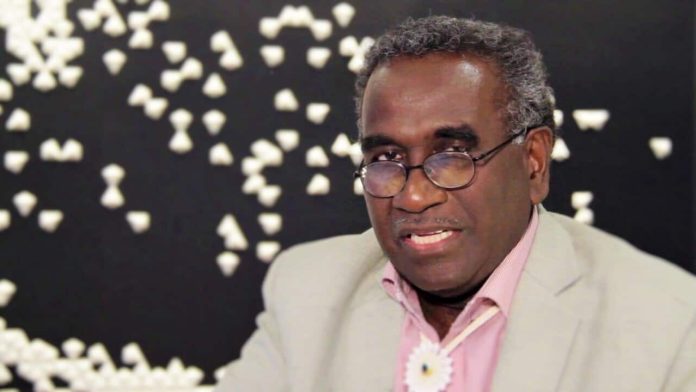By Richard Naidu
Leading Pacific tuna industry expert, Dr Transform Aqorau, has drawn from the region’s experiences with its massive tuna fisheries industry to sound caution in the development of the “next frontier” of deep seabed mining.
Speaking at the Fiji National University in Suva last week, Dr Aqorau said while the potential for economic benefits from seabed minerals is vast, so are the environmental risks.
“We must tread carefully, ensuring that our actions today do not compromise the health of our ocean and the well-being of future generations,” he told an audience of government and chiefly figures, as well as academics and tertiary students, at the University’s leadership seminar series.
Dr Aqorau said it was important to note that the regional architecture that exists for tuna management does not exist for deep seabed mining.
“Although there has been a lot of work done in preparing appropriate legislative frameworks for deep seabed mining, no one really knows the effects of this activity, as there are no lessons from which an appropriate supporting regional framework can be developed,” he said.
“The principles of transparency, accountability, and sustainability that have guided the management of tuna fisheries can provide a framework for the responsible development of seabed mining, ensuring that the exploitation of these resources does not come at the expense of environmental integrity or social equity.”
A key architect of the transformation of the region’s tuna fisheries sector, Dr Aqorau said that with the Western and Central Pacific Ocean accounting for over half of the global tuna catch, the sustainable management of tuna resources is “fraught with challenges, including overfishing, illegal, unreported, and unregulated (IUU) fishing, and the impacts of climate change on marine ecosystems.”
“In parallel, the deep seabed, with its vast mineral resources, presents both opportunities and challenges for the Pacific Islands. The potential for deep-seabed mining to contribute to economic development is counterbalanced by concerns over environmental impacts, technological uncertainties, and the need for effective regulatory frameworks. The governance of deep seabed mining, particularly in areas beyond national jurisdiction, is a complex issue that requires careful consideration of ecological, economic, legal, and ethical dimensions.”
Against this backdrop, said Dr Aqorau, strengthening ocean governance is imperative for the Pacific Islands to navigate the future of their blue economy. He said the uncertainty around the way forward in developing deep seabed mining highlights the need for caution and thorough scientific research before proceeding with any deep-sea bed mining operations.
He highlighted the “much unfinished business and work to be done in the realm of ocean governance and resource management,” noting the tuna industry remaining largely dominated by foreign interests.
“Despite significant progress, most tuna is still processed offshore, and the majority of crews on fishing vessels are foreign nationals. While there has been growth in the number of purse seine vessels flagged to some Pacific Islands, these vessels are often still beneficially owned by foreign business interests.”
The same questions and challenges of industry ownership and development by Pacific islanders apply to the deep seabed mining sector, Dr Aqorau said.
“Will we see a transfer of knowledge, technology, and economic benefits from an industry in which we have little knowledge and expertise? Or will we once again be bystanders in the exploitation of our own resources, as has been the case with many mineral extraction activities in the region?,” he said.
SOURCE: ISLANDS BUSINESS/PACNEWS











